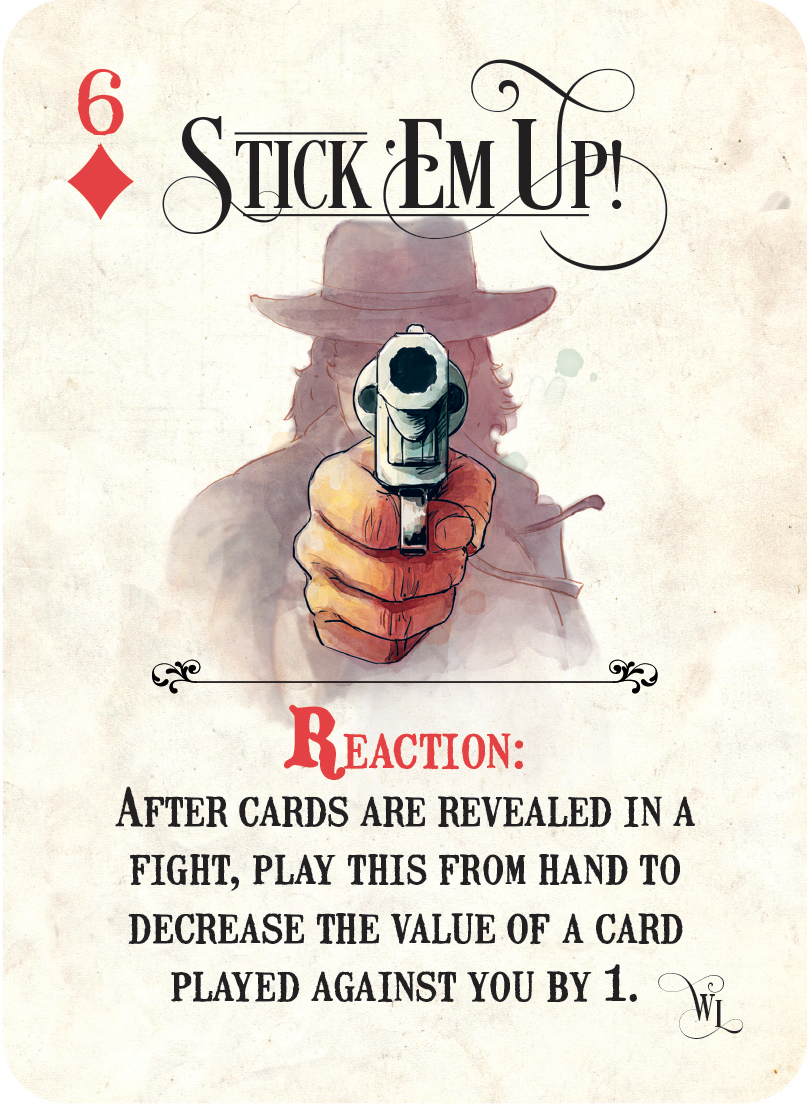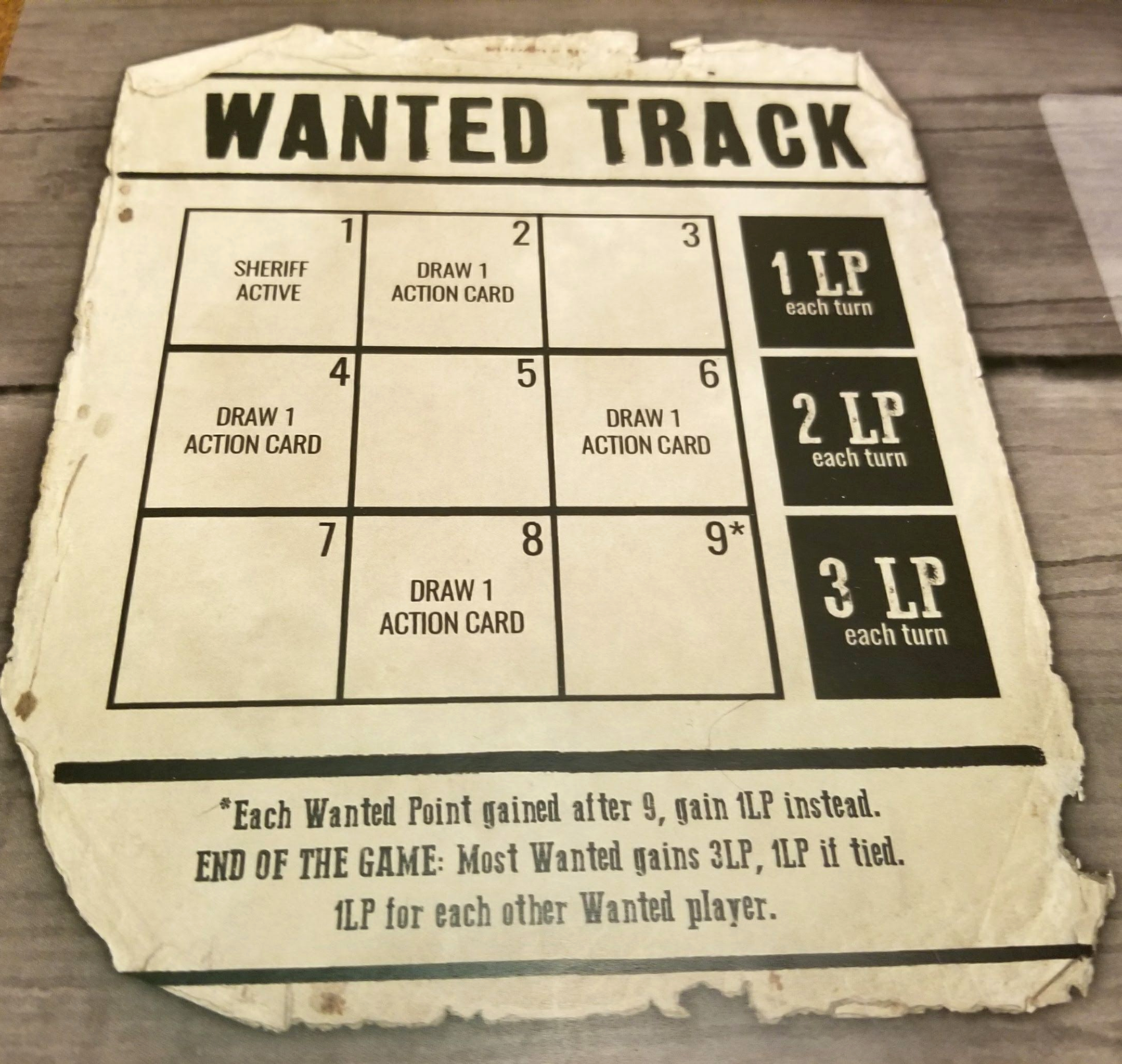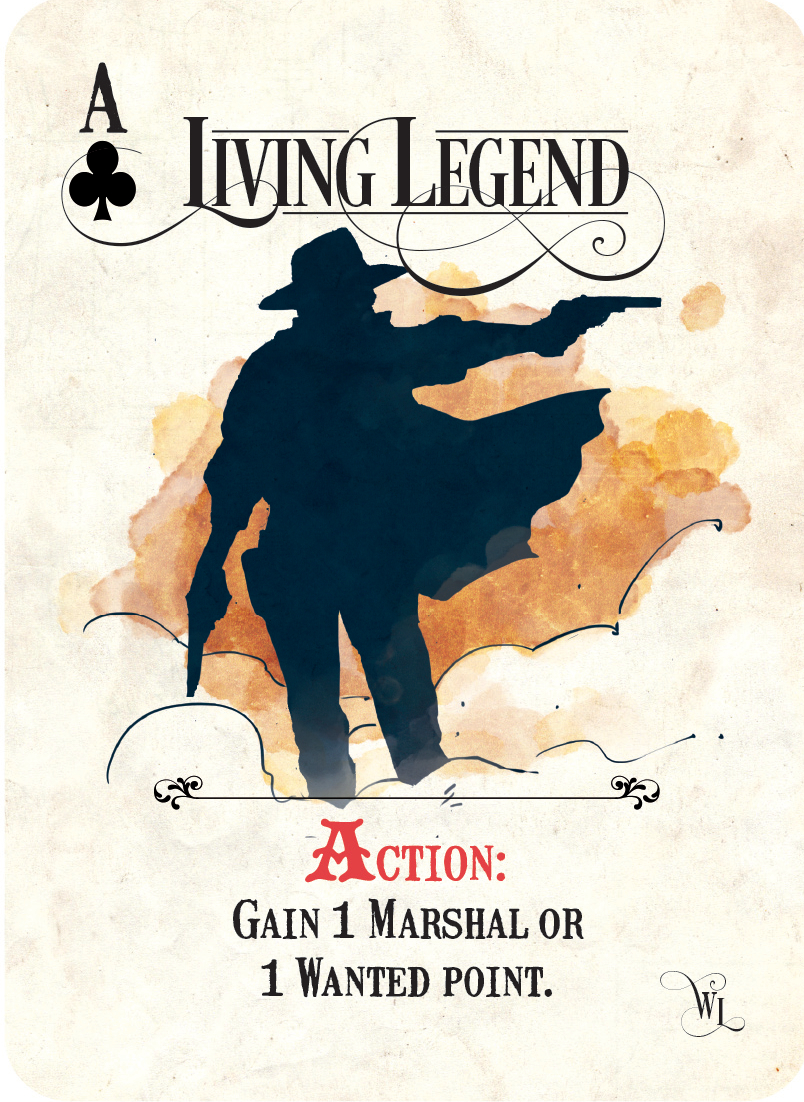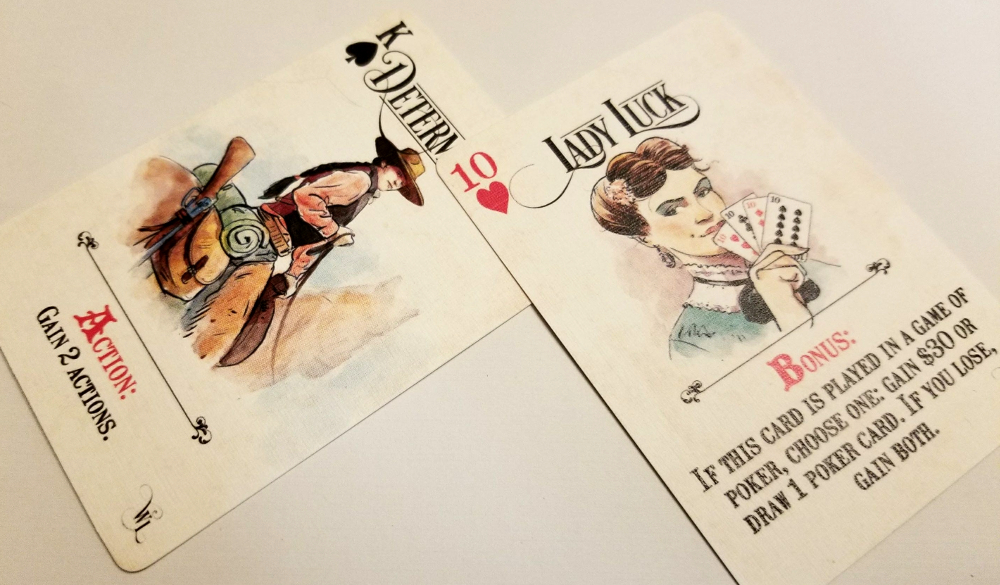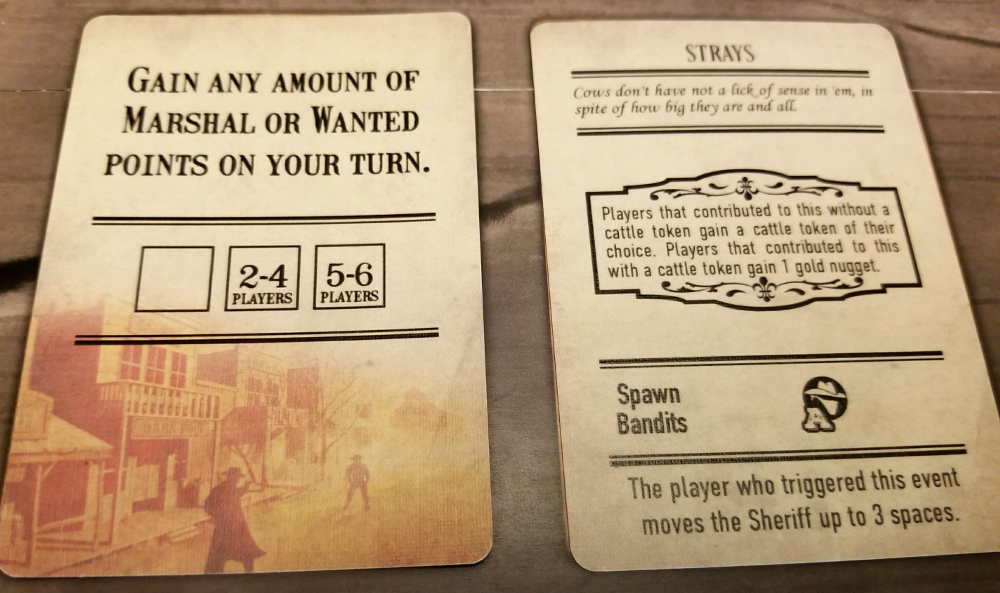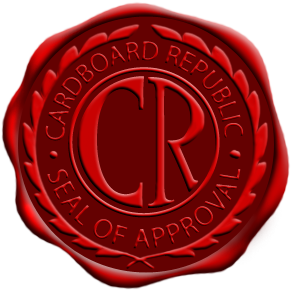There are few things so fundamentally associated with the definition of an American than that of the Old West. Cowboys. Indians. Tall hats and showdowns at high noon. Brazen stagecoach robberies and drunken saloons. These are but a few of the many iconic images conjured up when asked to describe the period of Antebellum migration. Images that have been firmly implanted into our cultural psyche thanks to half a century of exporting postwar television and movies in a highly romanticized way.
In truth, though, one could rightly argue that the moment westward expansion was deemed ‘complete’ in the late 1800s, Americans immediately started waxing nostalgic about the so-called Wild West long before the world had ever heard of names like John Wayne or Clint Eastwood. It didn’t take long for creatively exaggerated tales of the various migrants, settlers, ranchers, and outlaws that lived and coped in such seemingly inhospitable lands – saying nothing of course about the various groups already living there.
The myth of the West is a powerful one, partly because it is a cultural identity – however fictionalized – that Americans can claim as their own. Nearly every Western tale embodies in some form the spirit of the struggle (and eventual demise) of frontier life while also championing concepts such as rugged individualism and personal codes of justice – concepts that still resonate with a large part of our collective identity. In a way, the myth of the Wild West is fixed to our hips just as tightly as any six-shooter.
It’s also long lasting because, if done well, the simple messages and rustic settings of a Western make for pretty solid entertainment. As in the case of Western Legends, the inaugural title by Kolossal Games.
In this Western themed sandbox style game, 2-6 players take on the mantles of some of the most famous (and infamous) characters of the time. Over the course of the game, players will weave in and out of town pursuing exploits that’ll raise their status from renown to legendary. With choices ranging from raiding bandit dens, to robbing banks, to striking it rich mining for gold, players are given a fair amount of freedom on how they’d like to build their legacy. In Western Legends, however, exactly how successful you’ll be fittingly depends on a combination of luck, grit, and what color hat you may be wearing.
At the beginning of the game, each player draws from a dozen or so different (and fairly decently diversified) characters such as Wyatt Earp, Annie Oakley, or Crazy Horse. In addition to providing some ongoing flavor, each character card determines a player’s starting possessions, location, and unique trait used throughout the course of the game. Characters like these:
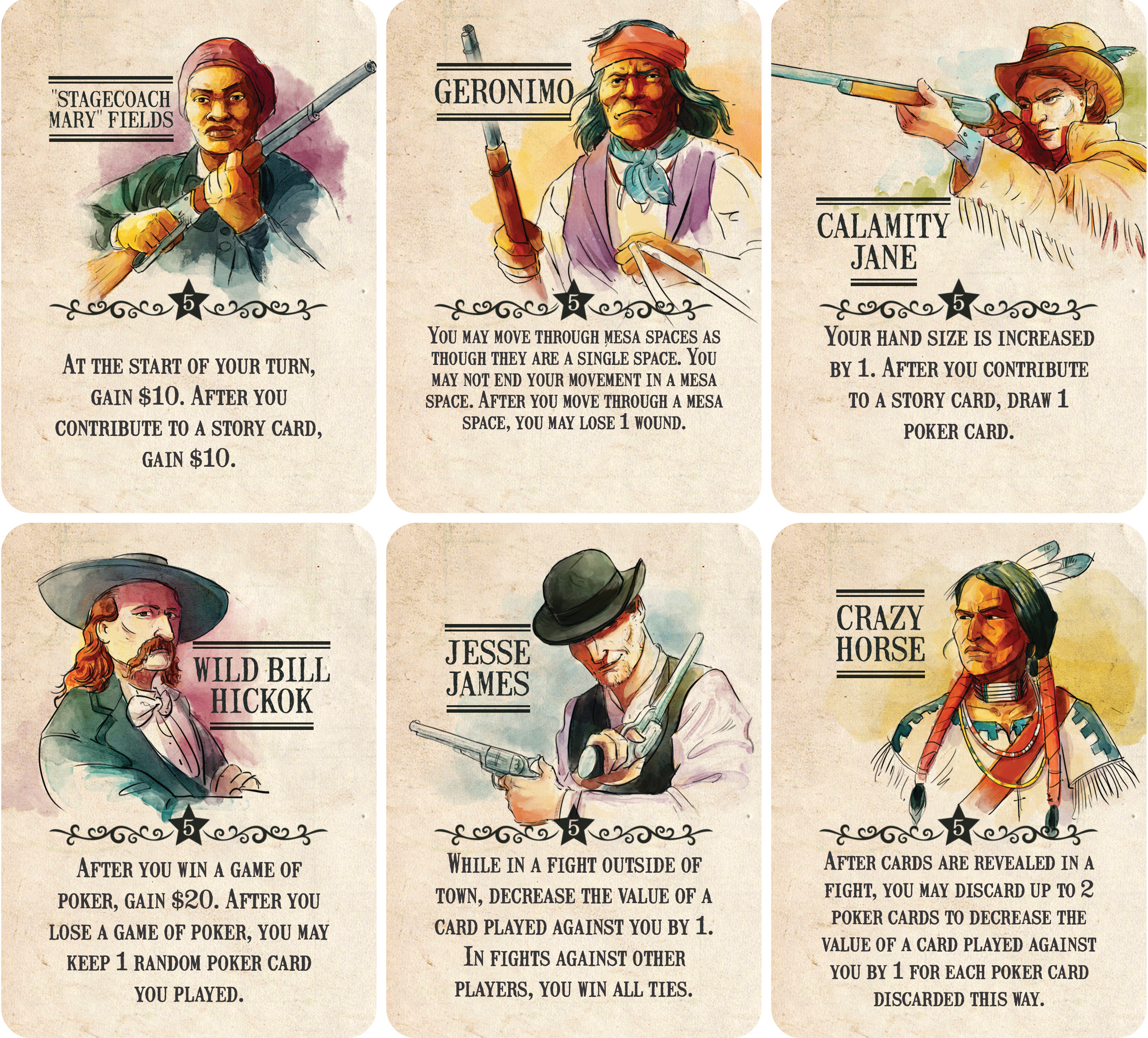
Western Legends has a decent character roster, one not just full of white men or stereotypes.
Prototype Shown
In addition, a handful of characters will begin the game either as deputized lawmen, or as criminal outlaws. For in these lands, which side of the line you stand on matters.
Indeed, one of the first notable hooks in Western Legends is that your character’s legal standing has a direct impact on many of the decisions you’ll make as you mosey your way through the game’s tumbleweed-laden lands. Players who opt for the more upstanding route will advance their character along the more lawful Marshal Track, whereas those who undertake more notorious actions will instead progress along the Wanted Track. A few characters may start on one path or the other, but by the end of the game, it’s likely everyone will have chosen a side. Part of that is because it’s enjoyable to thematically advance your character, but mostly because there’s a distinct disadvantage to taking the middle road: moving up on the respective tracks provide rewards in the form of money, poker cards, and Legendary Points (VP).
Hey, this is the Old West. No one who ever made a name for themselves was completely innocent or neutral. It’d be silly to think the same wouldn’t apply here.
Moreover, these Tracks prove highly important to Western Legends appeal due to the fact that their presence fosters slightly asymmetric gameplay, with each rewarding you in different ways. As such, which Track you pursue has a direct impact on the strategies you’ll employ over the course of the game.
Regardless of which side you choose, turns all work the same way. First, you gain money and /or draw cards. Then you take three actions, which largely consists of moving around the board, playing cards for their action effects, and / or visiting the nine different locations in and around the game’s two centralized towns of Darkrock and Red Falls. The goal in all these decisions is to find ways of generating the most Legendary Points, and in true sandbox fashion, there are a fair amount of ways to go about it. This includes activities such as mining for gold, outfitting your character with upgrades, wrangling cattle…or robbing the guy next to you simply because they’re there.
To many players, there will be an intrinsic lure towards playing on the wrong side of the law, especially if you’re roaming about as Jesse James or Billy the Kid. Wanted players gain notoriety generally by way of stealing, be it through successfully robbing the bank, rustling cattle, or mugging other players. Moreover, Wanted players receive LP at the end of each of their turns, depending on their level of infamy.
Much as you’d expect, however, courting the Wanted track is an inherent gamble of high risk and high reward. Between an NPC Sheriff and any players on the Marshal Track, sticking around town can be dangerous, as it risks being arrested. Should that happen, not only do you lose most of your money, but your progress on the Wanted Track is completely wiped out.
Getting caught doesn’t really do much for one’s reputation, apparently.
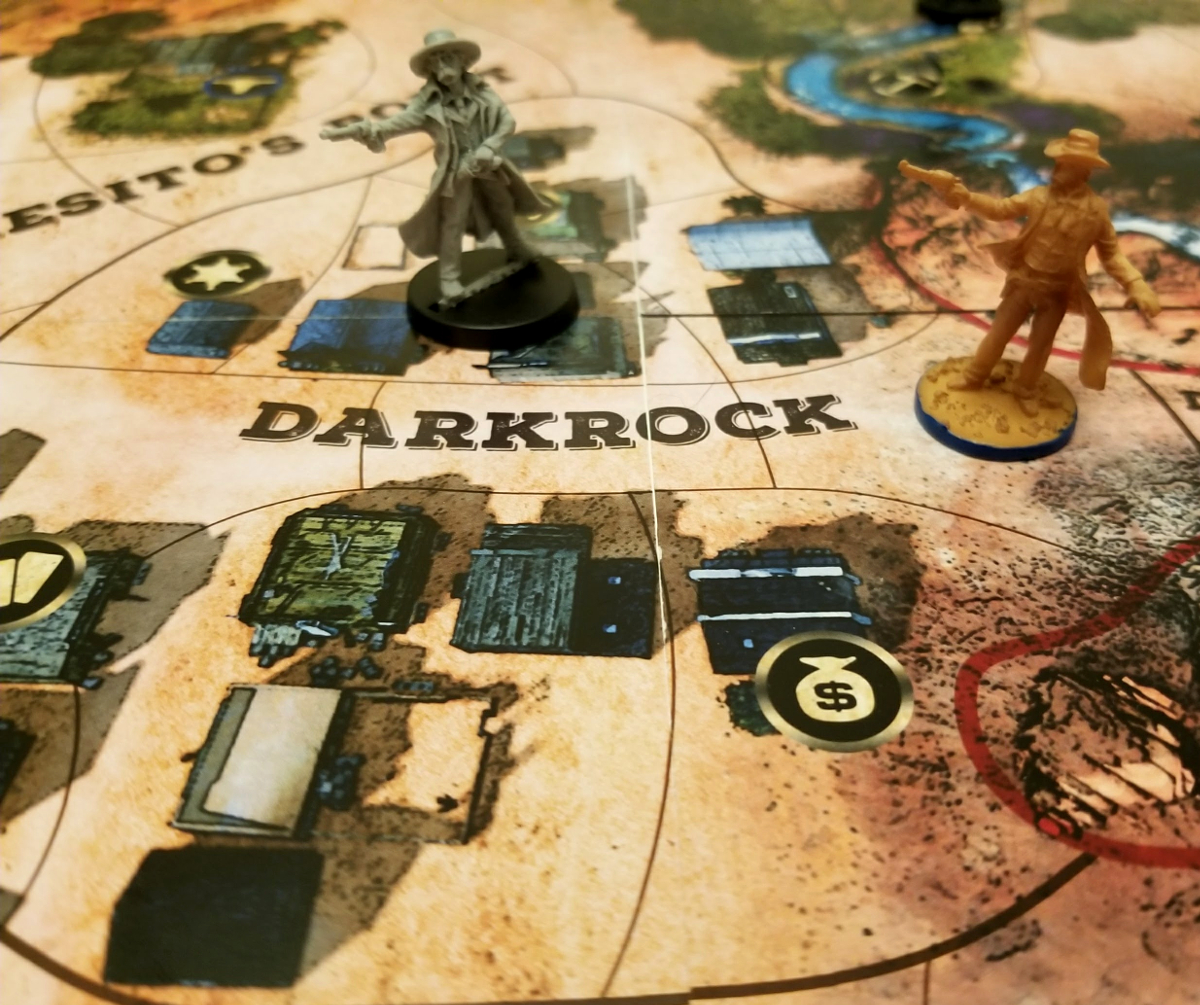
The bank is right there for some daytime robbery., but if the Sheriff moves before you can escape it may be a short crime spree.
Prototype Shown
Of course, staying on the right side of the law comes with its own set of promises and pitfalls. For one, moving up on the Marshal Track is decidedly more difficult. While moving about the town is completely safe for you by comparison, the main ways to increase Marshal standing is venturing outside of town to duel bandits, go on cattle drives, or to successfully arrest Wanted players. It’s a slower process that requires more effort, and you only earn points for your Marshal level at the end of the game. Yet by comparison the Marshal Track rewards are much more lucrative by way of cash and one-time LP bonuses.
Two things are especially rewarding about this dual system. First, although each Track feels and behaves differently, they mirror each other remarkably well. Neither path is inherently more powerful than the other, which is always difficult to do with asymmetric features. Second, and equally important, is that Western Legends wisely eschews forcing you into deterministic game outcomes based solely on your starting character or gameplay decisions. Instead, it leans into its sandbox premise by favoring a more open and nuanced approach by leaving which path to pursue entirely in your hands. You can even reverse course. When a Wanted player gets arrested, for instance, they could just as easily pursue becoming a Marshal over returning to their criminal ways. Likewise, if someone on the do-gooder track felt it was in their best interest to throw away their badge in favor of a bank heist, they can do so too. Such changes usually have to be strategically worth it, of course, but in Western Legends, no one’s story is completely written.
The only real caveat to this open-ended experience is when players are playing with the optional Goal cards. These cards offer additional means of gaining endgame points by accomplishing various tasks. In some cases, this could include reaching a specific level on a particular Track, which goes against the spirit of letting the players decide their character’s fate.
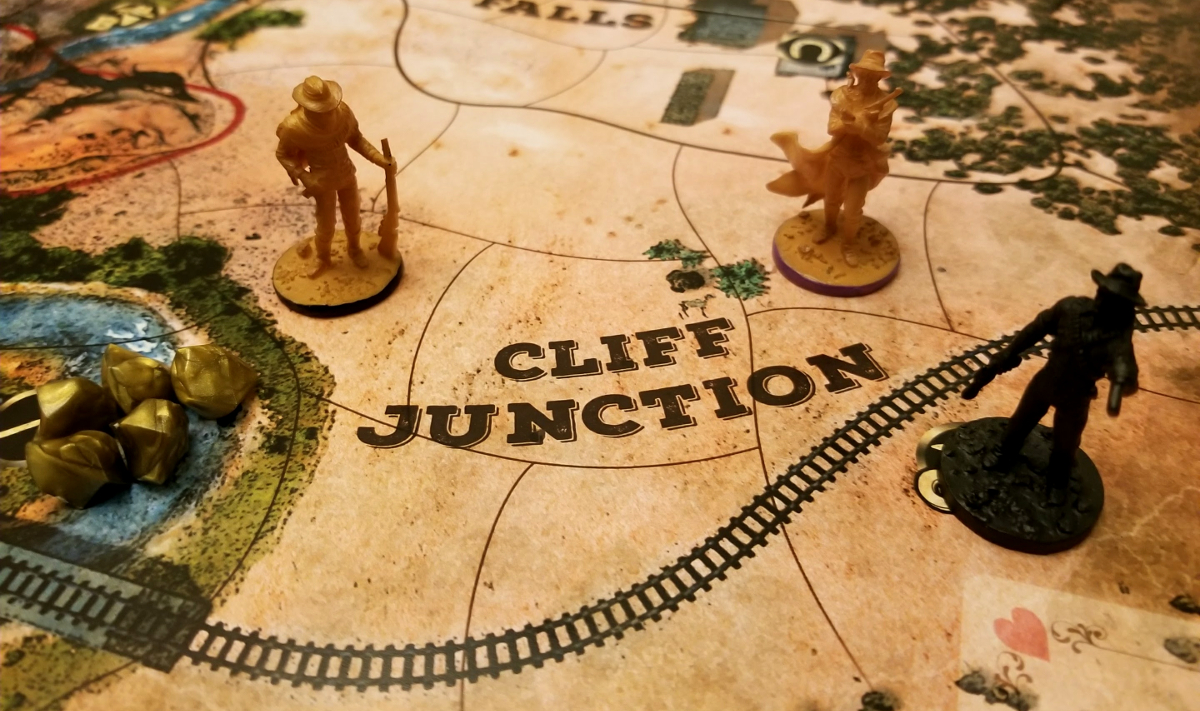
Marshals visiting the outskirts of town for some wholesome prospecting and ‘bandit eviction’.
Prototype Shown
The one common factor to both sides, though, is that much of how you earn points is derived through conflict. And in Western Legends, how conflicts are resolved is perhaps even more interesting than how they started. Because in these dusty lands, most things are solved via poker.
Sort of.
Western Legends contains a unique poker deck, with cards that each serve multiple purposes, be it for fighting other units, playing poker games at the Saloon, or providing actions on your turn that you would otherwise be unable to do.
The poker deck is both the core mechanic and the most intriguing part of Western Legends, for two key reasons. The first is their aforementioned dynamic use. Although you have the option of drawing up to two poker cards each turn, thanks to their multifaceted uses and a fairly small maximum hand size, there exists a constant tension over how to make the best strategic use of them.
Some of the most potent card abilities are on the higher valued cards, for instance, but discarding them for those effects means forgoing their equally valuable use when attempting to win a duel or trying your luck at the poker table. All 13 card types are well balanced, providing a wide variety of actions, reactions, and bonus effects to assist you at different points in the game. Some are more situational than others, but no card in this game feels completely ineffectual. Since every card serves more than one purpose, you always have options. Options that force you to make some truly difficult choices throughout your adventures.
The second thing that stands out about the poker deck is how shrewdly the poker aspect is baked into the game itself while sidestepping the need to actually be at all familiarized with it. Doomtown: Reloaded this is not. Western Legends presents an ideal middle ground between games that include poker motifs for mere flavor with those that incorporate so much that it overpowers the other elements of the game.
In fact, most of the time the “poker” aspect simply consists of comparing two cards to one another to see whose is of higher value. This allows for that highly immersive poker flavor throughout the game without the players having to be knowledgeable about poker, save for when someone takes an action at the Saloon. Only there do players – the person who took the action as well as anyone else in town who wishes to pony up some cash – competes in a single hand of five card poker using three revealed cards from the deck and any two from their hands. The process is short and concise, leading to a fun and energy-filled chance of getting a lot of money quickly, all while keeping its presence in the game fairly subdued. Ironically, if anything the Saloon location is the one area of Western Legends where the poker element in the game feels underutilized, simply because of how quick and constrained it is.
Finally, no good Western would be worth its spurs if it didn’t weave a good tale or two, and Western Legends has that covered as well by way of Story Cards. At the end of a player’s turn, if they achieved the stated condition on one of the two listed Story Cards, they may contribute a Story Cube towards it. Once the card reaches the required number of cubes it needs, it is revealed and resolved, rewarding those who contributed towards it with some small bonuses while rewarding everyone with some decently cheesy event stories.
In some games the Story Card aspect would be one of the major highlights, but in Western Legends their presence blends so effortlessly into the flow of the game that they can almost get overlooked. That isn’t a criticism insomuch as a testament to how much is going on in a game that…surprisingly isn’t all that complicated. Indeed, the only confusing part about Western Legends is that it contains two sets of tiebreaking scenarios for fights – one for players and one for NPCs. But given the amount of material being offered, the fact that the only major tripping point in the game is two sets of tiebreaking rules should be commended.
Once someone reaches a set number of victory points, players finish out one last round, perform some endgame scoring, and tally up their efforts to determine whose character truly deserves to earn the title of Western Legend.
Western Legends accomplishes something that few games have tried, and even fewer have done successfully: create a medium-weight sandbox game set in the fabled Old West. In many ways, Western Legends is like a silver screen movie where the script hasn’t been written yet, letting players fill in the blanks as they go. Through an estimable mix of player-driven choices on which side of the law they wish to be on, a multi-use card system that forces frustrating-yet-rewarding decision making, and the inclusion of nearly as many Western tropes as a John Ford classic, Kolossal Games has successfully crafted a delightfully thematic rust-colored tapestry of dust and danger that, for Western fans, is definitely worth exploring.
Now if this sounds like your kind of rodeo, then saddle up and head on over to its Kickstarter!
This project has earned the Seal of the Republic
Photo Credits: Western Legends cover and artwork by Kolossal Games.

